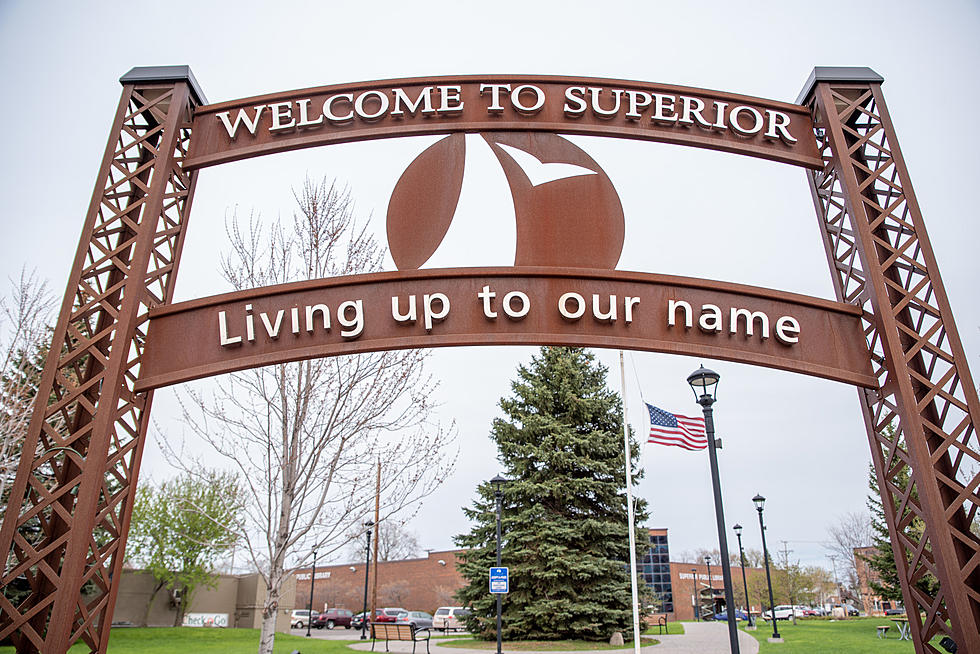
Superior’s Broadband Plan Advances To Next Step At Upcoming Council Meeting
The revised, finalized version of the plan that would make broadband service in Superior a municipal-owned commodity hits the agenda of the City Council at their meeting happening Tuesday, August 3. An approval vote to adopt the unfunded plan would set the wheels in motion to get the service off the ground.
Placement on the city council's agenda follows the adoption of the final, revised plan by the Superior Communications and Information Technology Committee on July 26. The plan would "provide...faster, cheaper option[s] for internet service". Essentially, the plan would make the infrastructure for broadband service a city-owned utility, where private companies could compete for price and customers without having to factor in the costs associated with it.
An article in the Superior Telegram summarizes the municipal broadband plan this way:
"...[approval would] build...an open-access fiber optic network that would allow internet service providers to compete for customers over the city-owned network. Users who opt in would pay the cost of building and maintaining the network that would provide users with upload and download speeds of 1,000 megabits per second for a cost ranging from $46 to $55 per month, depending on how the network is installed and how many people participate."
Estimates for the cost of the project hit the $31 million mark. As it advances to the city council vote, the broadband plan is unfunded. Some federal funding might be available to alleviate that situation. The Telegram shares that "[f]ederal funding sources already available to Superior through the American Rescue Plan Act could be used toward the cost of building the network".
Support for using federal funds has found favor with the current city administration. Superior Mayor Jim Paine suggests that "he's considering budgeting $20 million in APRA funding for 2022 toward the....project". However, that spending of APRA funds would still need full approval by the Superior City Council.

The plan - for the most part - seems to have support from both the community and council members. Entry Point Networks - the consultant firm the city employed to develop the potential broadband plan reported that attendance at the public meetings was higher than in other communities where similar plans were discussed and eventually approved.


